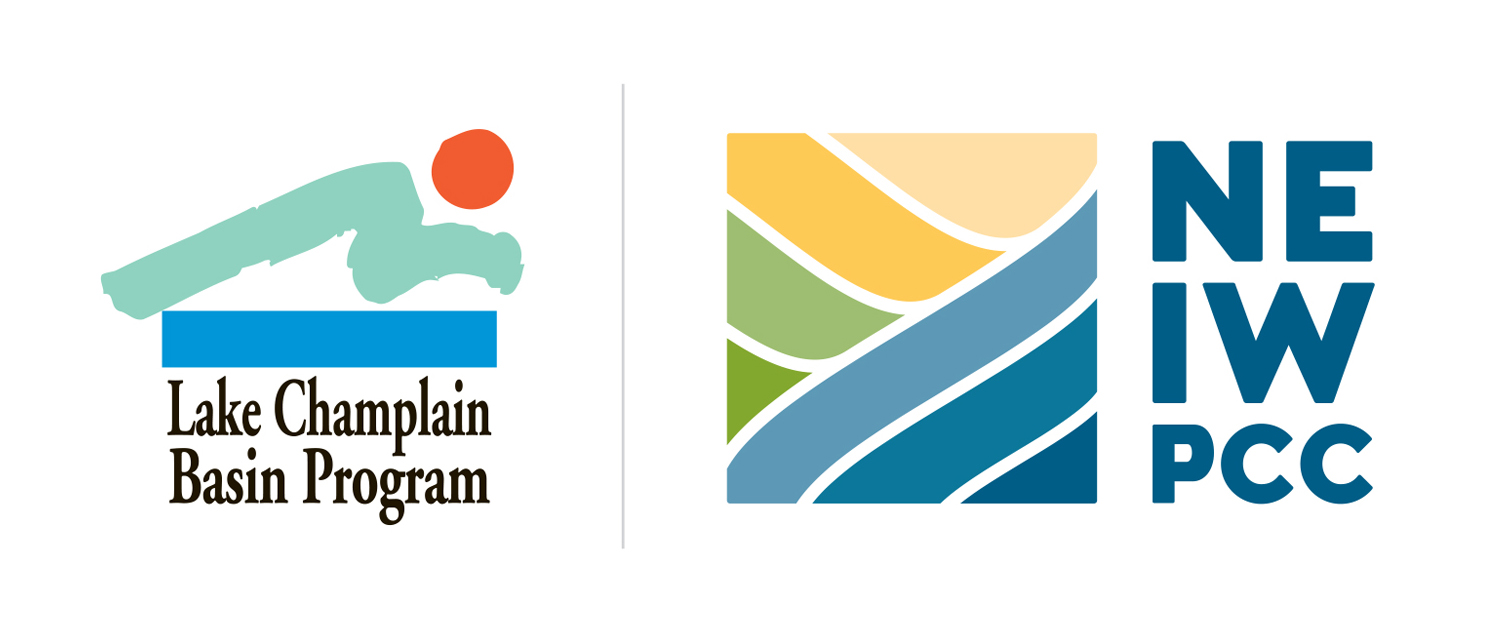LCBP Releases BIL-Funded Grants for Tree Nurseries, Wetlands Protection and Invasive Species Prevention
Grand Isle, VT – The Lake Champlain Basin Program (LCBP) has released Requests for Proposals for three grant categories funded by the 2021 federal Bipartisan Infrastructure Law. The grants will support aquatic invasive species management, native tree nurseries for habitat conservation projects, and wetland restoration in New York.
The Bipartisan Infrastructure Law (BIL) is a historic investment in United States water infrastructure, with more than $50 billion in program funding by the U.S. Environmental Protection Agency. Nationwide, these initiatives support projects that create safe drinking water, provide clean water for communities, and protect regional waterways and their watersheds.
The RFPs released by the LCBP this week will support the following programs in the U.S. portion of the Lake Champlain Basin:
Aquatic Invasive Species Management and Spread Prevention
These projects will provide resources for equipment purchases that directly manage or reduce the risk of aquatic invasive species introduction and spread to Lake Champlain and other bodies of water in the Basin. While infrastructure investments are a priority for this funding, a percentage of the requested funding may be used to support workforce development initiatives needed to manage or reduce the spread of aquatic invasive species.
Up to approximately $500,000 is available to support awarded projects. Grants of up to $250,000 will be awarded. The submission deadline for this category is 12 p.m. (noon) on May 9th, 2023.
Native Tree Nurseries
These projects will support organizations that sell or grow native trees and shrubs for habitat conservation projects in the Lake Champlain Basin. The intent is to measurably enhance the native plant supply available to local organizations. Funding may be used for infrastructure investments and to support workforce development initiatives needed to build or grow tree nursery capacity and reduce the cost of stems for conservation planting projects.
Up to $1,000,000 is available to support awarded projects. Proposals for the full funding amount should offer a scope that demonstrates benefits across the U.S. portion of the Lake Champlain basin. The submission deadline for this category is 12 p.m. (noon) on May 10th, 2023.
Wetland and Floodplain Restoration in New York
Projects supported with these grants will restore or improve degraded critical wetlands and floodplains situated in the New York portion of the Lake Champlain Basin. Restored wetlands and floodplain systems trap nutrients and other pollutants, provide habitat for aquatic, riparian, and terrestrial species, reduce stormwater runoff, and mitigate flood impacts on downstream communities.
LCBP may issue multiple awards from this RFP, with a cap of $1,000,000 to support a single award. The submission deadline for this category is 12 p.m. (noon) on May 11th, 2023.
“EPA New England is proud to be a partner in the protection and restoration of Lake Champlain,” said EPA New England Regional Administrator David W. Cash. “The funding that EPA is able to provide to the Lake Champlain Basin Program through the Infrastructure Investment and Jobs Act, $40 million over 5 years in addition to EPA’s annual funding to LCBP, will be used to support clean water and healthy ecosystems. EPA Region 2 Administrator Lisa Garcia and I look forward to working with the Lake Champlain partners to support this important work while striving to meet the needs of the basin’s communities through President Biden’s Justice 40 initiative.”
Susan Sullivan, NEIWPCC Executive Director, offered the following statement, “NEIWPCC is pleased to support the Requests for Proposals which will help to realize our goal to preserve and restore the Lake Champlain Basin. These projects will benefit the basin by preventing the spread of invasive species and restoring wetlands.”
“We’re fortunate and thrilled to be able to direct these funds to projects that will help achieve our goals for clean water and healthy ecosystems in the Basin,” said Dr. Eric Howe, Director of the Lake Champlain Basin Program. “By prioritizing these areas of work, the Lake Champlain Steering Committee has taken decisive steps to restore and protect our waters for future generations.”
The LCBP is committed to advancing its goals for diversity, equity, and inclusion across the Lake Champlain basin. These grant programs will strive to meet the goals of the U.S. federal Justice40 Initiative by directing 40 percent of the overall benefits to disadvantaged communities that are marginalized, underserved, and overburdened by pollution.
Projects awarded through these grant programs will support the Clean Water and Healthy Ecosystem goals of LCBP’s management plan, Opportunities for Action: An Evolving Plan for the Future of the Lake Champlain Basin.
These programs are supported by funds awarded to NEIWPCC on behalf of the Lake Champlain Basin Program by the U.S. Environmental Protection Agency from the Infrastructure Investment and Jobs Act (Bipartisan Infrastructure Law).
The full Request for Proposals, submission requirements, and contact information for more details are available on the LCBP website at lcbp.org/grants.
-end-
The Lake Champlain Basin Program coordinates and funds efforts that benefit the Lake Champlain Basin’s water quality, fisheries, wetlands, wildlife, recreation, and cultural resources. The program works in partnership with federal agencies, state and provincial agencies from New York, Vermont, and Québec, local communities, businesses, and citizen groups. NEIWPCC—a regional commission that helps the states of the Northeast preserve and advance water quality—serves as the primary program administrator of LCBP at the request of the Lake Champlain Steering Committee and administers the program’s personnel and finances. LCBP is a program partner of NEIWPCC. For further information, contact the Lake Champlain Basin Program, 54 West Shore Road, Grand Isle, VT at (802) 372-3213 / (800) 468-5227 or visit www.lcbp.org.
